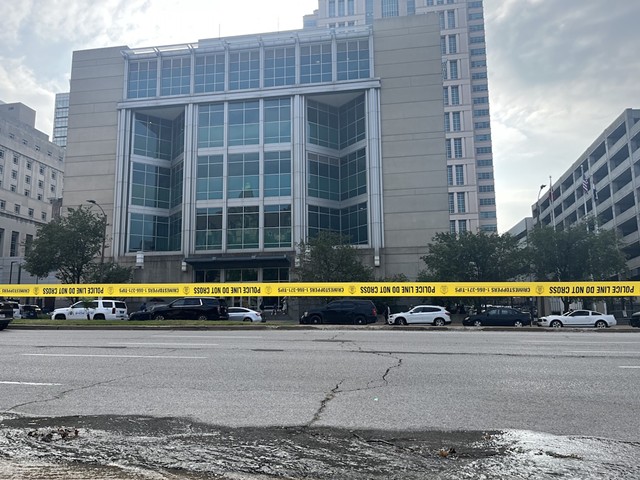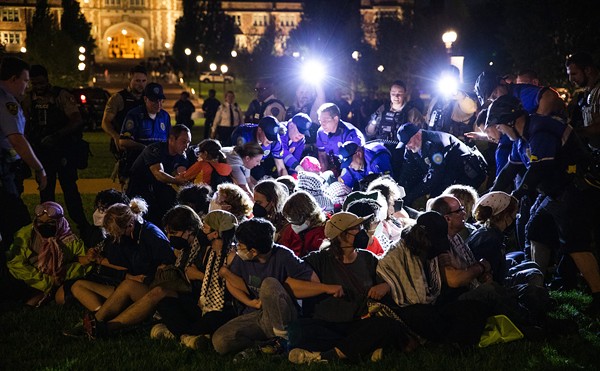
After meeting some initial pushback, St. Louis Mayor Tishaura Jones has signed a law streamlining the liquor license process for restaurateurs and brewpub owners.
Board Bill 60, sponsored by 4th Ward Alderman Bret Narayan and co-sponsored by Aldermanic President Megan Green and 6th Ward Alderwoman Daniela Velazquez, was signed into law by Jones on Tuesday. The bill creates a parallel pathway to the previous plat and petition process that had become a major roadblock for some business owners.
The bill initially received pushback even from alders and even some of the restaurateurs who supported the concept. Some people worried it would take away opportunities for public engagement. But after making some changes, it passed 9-3, with one alder not voting and two voting present.
Here’s a breakdown of what the final bill means for the public and for restaurant operators:
Board Bill 60:
- Eliminates the plat and petition requirement that requires signatures from neighbors for an initial license application for restaurants, microbreweries and brewpubs. Though, those who wish to apply through plat and petition may still do so (and bars whose alcohol sales make up a majority of their revenue must still use that process).
- After an initial application is filed there will be a public hearing before the excise commissioner.
- If the commissioner approves the application the restaurant will be granted a temporary liquor license for 90 days.
- This temporary license can be revoked or suspended if issues arise.
- The restaurant will have to post a visible placard telling the public that they are applying for a liquor license. The placard shares public hearing information, allowing the public to raise any issues they may have with the location.
- The temporary license can be renewed for an additional 90 days. When evaluating this renewal any police reports from the location will be considered.
- After 180 days a final public hearing will be held and the excise commissioner will request proof that “ the sale of prepared meals or food consumed on the premises exceeds fifty-one (51%) of the restaurant bar’s gross income.”
- Denied applicants can appeal.
- The bill also allows the excise commissioner to hire hearing officers to help with the influx of applications.
While some argue that this bill takes away the public’s ability to weigh in on liquor being served in their neighborhoods, its supporters, including sponsor Narayan, have said it clears barriers to removing bad actors and makes it easier to shut down problem bars. The bill allows the city’s excise commissioner to revoke a license at any time if there are sufficient problems, and then licensees must wait a year to reapply.
The alternative process becomes an option for business owners in six months.
Editor's note: This story was changed after publication to make more clear the identity of the bill's primary sponsor.
Follow us: Apple News | Google News | NewsBreak | Reddit | Instagram | Facebook | Twitter | Or sign up for our RSS Feed







